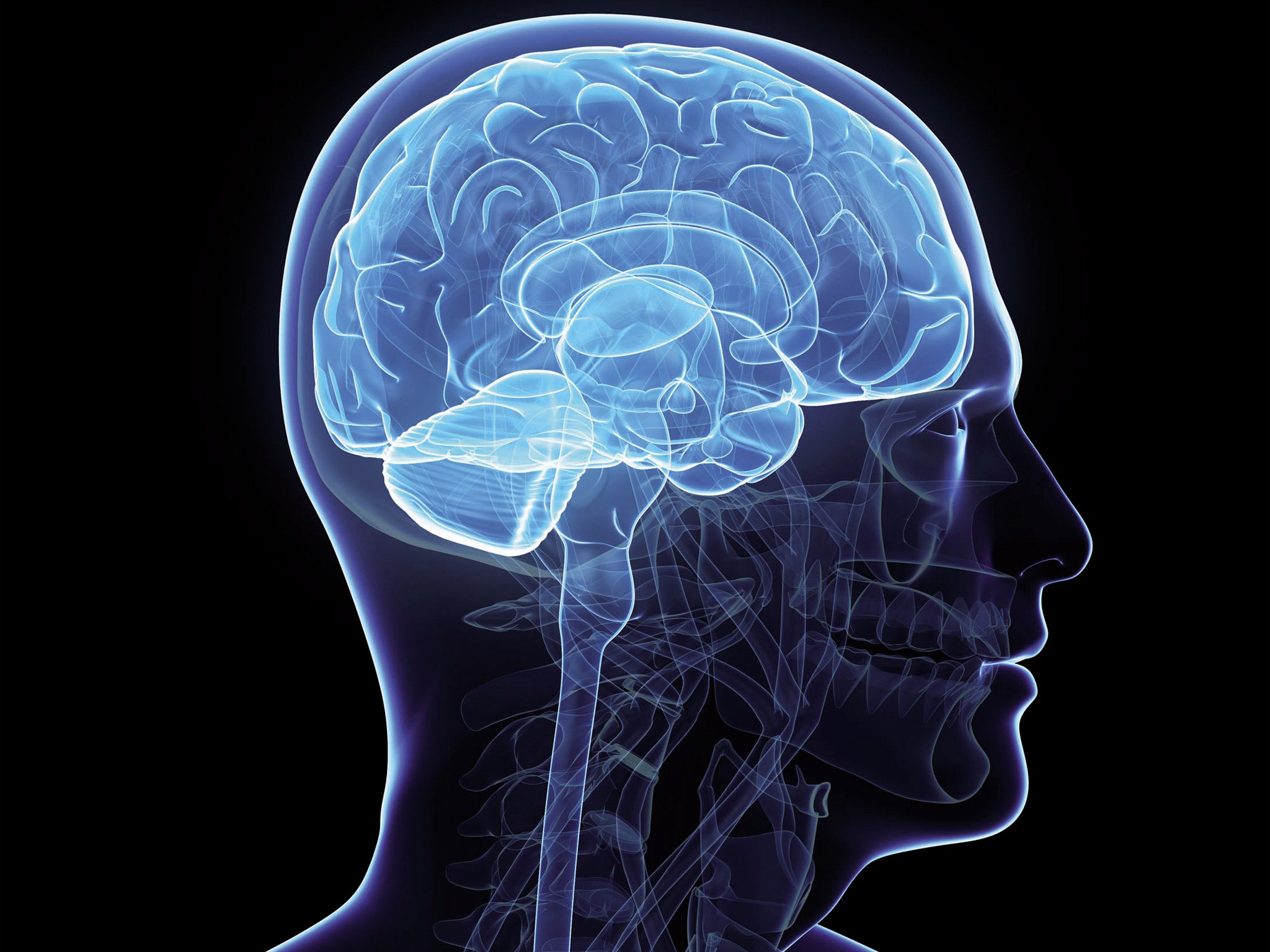'Brain pacemaker' offers hope for anorexics
Study finds stimulation treatment improves mood and weight gain and in severely affected patients

Your support helps us to tell the story
From reproductive rights to climate change to Big Tech, The Independent is on the ground when the story is developing. Whether it's investigating the financials of Elon Musk's pro-Trump PAC or producing our latest documentary, 'The A Word', which shines a light on the American women fighting for reproductive rights, we know how important it is to parse out the facts from the messaging.
At such a critical moment in US history, we need reporters on the ground. Your donation allows us to keep sending journalists to speak to both sides of the story.
The Independent is trusted by Americans across the entire political spectrum. And unlike many other quality news outlets, we choose not to lock Americans out of our reporting and analysis with paywalls. We believe quality journalism should be available to everyone, paid for by those who can afford it.
Your support makes all the difference.Six patients with severe anorexia – lasting in one case for 37 years – have shown improvement in their condition after being implanted with a “brain pacemaker”.
It is the first time the treatment has been attempted in anorexia and the results “give hope to patients with especially pernicious forms of the disorder and their families,” experts say.
Anorexia affects 1-2 per cent of the population and has the highest death rate of any psychiatric disorder. It strikes in adolescence when brains are still developing and the effect of repeated starvation can cause brain damage making it harder to treat.
The key challenge is to promote weight gain and lift mood. If the first is achieved without the second there is invariably a relapse.
The six patients, all women, were selected because they had failed to respond to other treatments and were at high risk of dying because of the severity of their illness. All except one had been repeatedly admitted to hospital in the past; in four cases more than 10 times.
Scientists inserted electrodes deep within their brains which were programmed to deliver tiny electrical impulses to stimulate eating and lift mood. The surgery was carried out under local anaesthetic by drilling holes in the skull and inserting the electrodes guided by a scanner while the patients were awake.
This enabled the scientists to check the correct placement of the electrodes by delivering a single electrical pulse and asking the patients if they felt a change to their mood or anxiety.
The electrodes were then connected to a “pulse generator” or pacemaker, which was inserted under general anaesthetic under the skin near the collar bone. Ten days after the surgery, the pacemaker was switched on.
It was programmed to deliver regular impulses to the area of the brain known as the Callosum Cingulate, a bundle of white matter already identified as a key area for the treatment of severe depression.
After nine months, three of the patients had gained weight, in each case enjoying the longest period of weight gain since the onset of their illness. Two increased their Body Mass Index by a third, from 15 to 20, to bring it within the normal range (18.5 to 25.)
No patient lost weight and most improved their quality of life, with reduced depression, fewer food and weight pre-occupations, and a lowering of eating disorder rituals.
The patients, aged between 24 and 57, were treated at the Krembil Neuroscience Centre in Toronto, Canada. The pilot study was conducted to test the safety of the procedure but the positive effects were more dramatic than expected. One patient had an epileptic fit two days after surgery and another suffered a panic attack during the surgery but the researchers say the treatment appeared “relatively safe.”
Deep brain stimulation has been used successfully for 25 years in a number of conditions where all other treatments have failed, including Parkinson’s disease (to reduce involuntary movements), severe depression and obsessive-compulsive disorder.
In a commentary on the findings, Professors Janet Treasure and Ulrike Schmidt of the Institute of Psychiatry, Kings College, say the improvement in mood is key and “will go some way to reassure patients that [the technique] is not just another treatment designed to fatten them up without making them feel better.”
Join our commenting forum
Join thought-provoking conversations, follow other Independent readers and see their replies
Comments